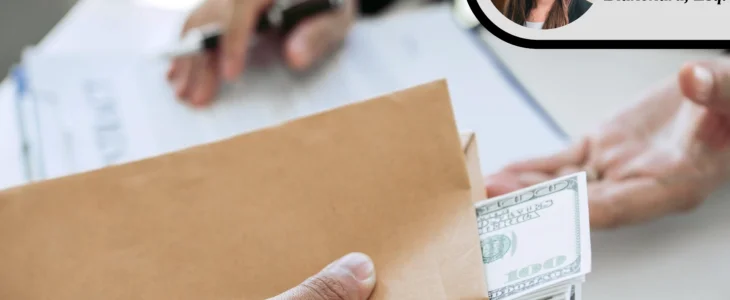Have you secured a final judgment against a party, i.e. the debtor, and are now wondering how to collect on this judgment? After conducting post-judgment discovery, which may include asset searches, interrogatories, and depositions, to locate and identify a debtor’s assets, there are several legal mechanisms available to help you, as a creditor, collect on the judgment.
Types of Debt Collection Mechanisms in Florida
Depending upon the type of assets a debtor owns, whether that be real estate, vehicles, bank accounts, wages, or other tangible or intangible assets, there are several post-judgment collection procedures that may be utilized.
Writs of Execution
The first is a Writ of Execution, which is a court order authorizing the seizure of the debtor’s property. A Writ of Execution is conducted by a sheriff or other law enforcement officer, who can physically take possession of a debtor’s personal property, such as vehicles or other valuable goods, to sell at auction. The proceeds from that auction would then be distributed to a creditor.
Garnishment
The next mechanism of collection is Garnishment, which is a legal process through which a debtor’s assets or income are withheld for the purpose of debt repayment. Withholding a debtor’s income, or wage garnishment, allows for a portion of an employee’s paycheck to be garnished and paid directly a creditor. Additionally, garnishment of bank accounts is a common method to seize a debtor’s assets. This allows for funds in the debtor’s bank account to be frozen and turned over to the creditor to satisfy the judgment.
Charging Orders
Third, a Charging Order may be implemented if a debtor has an ownership interest in an LLC or partnership. A Charging Order acts as a lien on the debtor’s distributional interests and requires any distributions that would normally be paid to the debtor to be paid to a creditor instead.
Levy on Property
Additionally, a Levy on Property allows for the sheriff to take control of tangible or intangible property to which the debtor holds title, such as real estate or financial accounts. After the levy, the property may be sold at a public or private sale and the proceeds may be used to pay off the creditor’s judgment.
Finally, if a debtor owns real property, a creditor may place a lien on the debtor’s real property, which may force the sale of the property to satisfy the debt.
Enforcing Judgments Across State Lines
In cases where debtors have assets located outside of Florida, creditors may need to take additional steps to enforce the judgment in other jurisdictions. This often involves domesticating the judgment in the debtor’s state of residence and following the applicable procedures for collection in that jurisdiction.
Ancillary Proceedings
Finally, in some cases you may need to institute supplementary proceedings to aid in the collection process. This includes Proceedings Supplementary pursuant to Section 56.29, Florida Statutes, which may enable a creditor to obtain assets that are not directly owned by a debtor, but are still subject to the claim.
The post-judgment collection phase can be complex and requires timeliness to effectively collect on a judgment. If you are a judgment creditor and you need assistance with post-judgment collection, please contact Boatman Ricci at (239) 330-1494.
* * * * * * * * * *
THIS BLOG IS INTENDED FOR GENERAL INFORMATION PURPOSES ONLY. IT DOES NOT CONSTITUTE LEGAL ADVICE. THE READER SHOULD CONSULT WITH KNOWLEDGEABLE LEGAL COUNSEL TO DETERMINE HOW APPLICABLE LAWS APPLY TO SPECIFIC FACTS AND SITUATIONS. BLOG POSTS ARE BASED ON THE MOST CURRENT INFORMATION AT THE TIME THEY ARE WRITTEN. SINCE IT IS POSSIBLE THAT THE LAWS OR OTHER CIRCUMSTANCES MAY HAVE CHANGED SINCE PUBLICATION, PLEASE CALL US TO DISCUSS ANY ACTION YOU MAY BE CONSIDERING AS A RESULT OF READING THIS BLOG.


